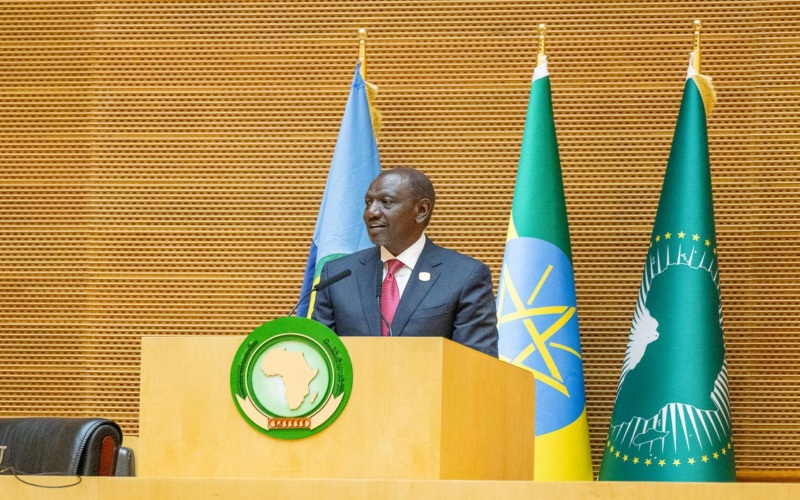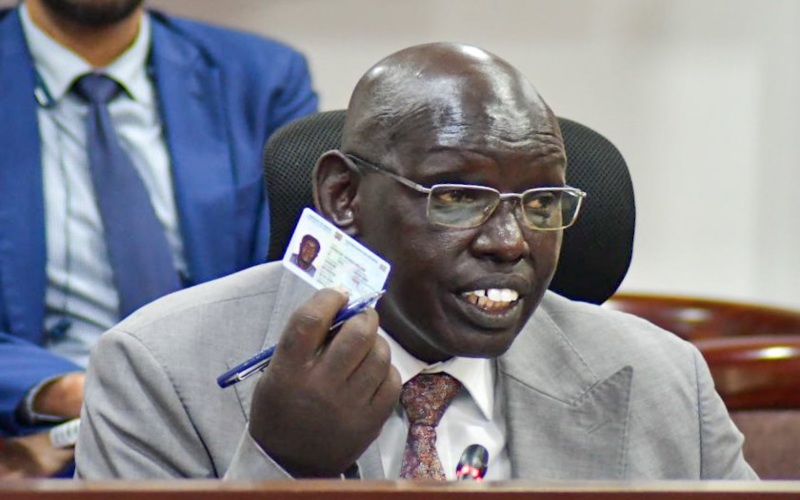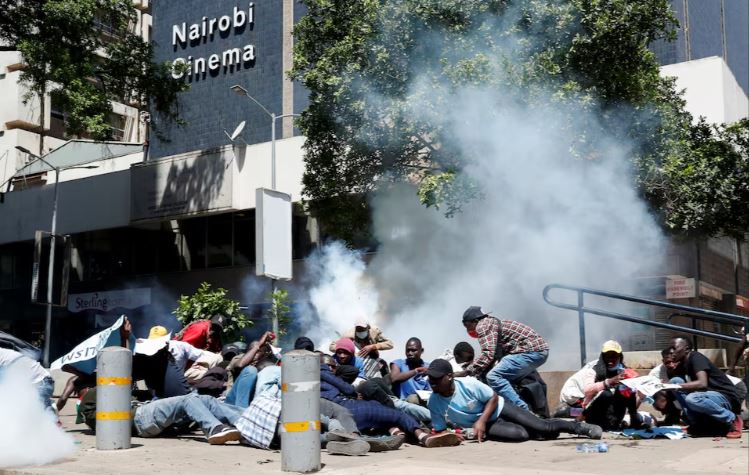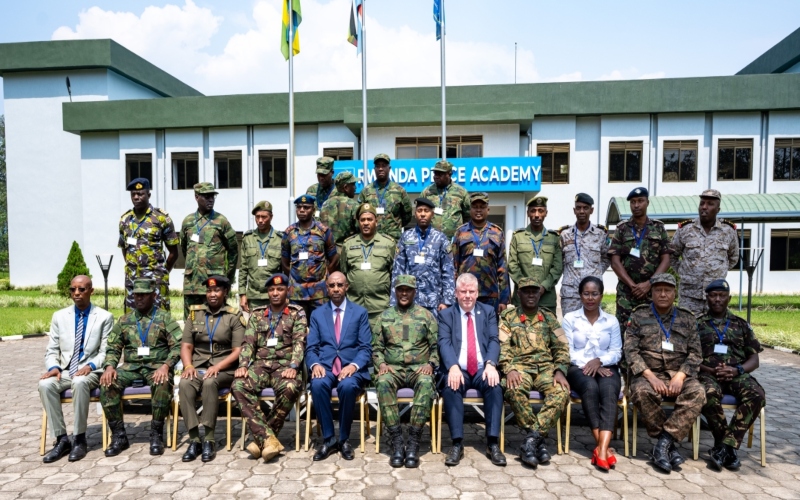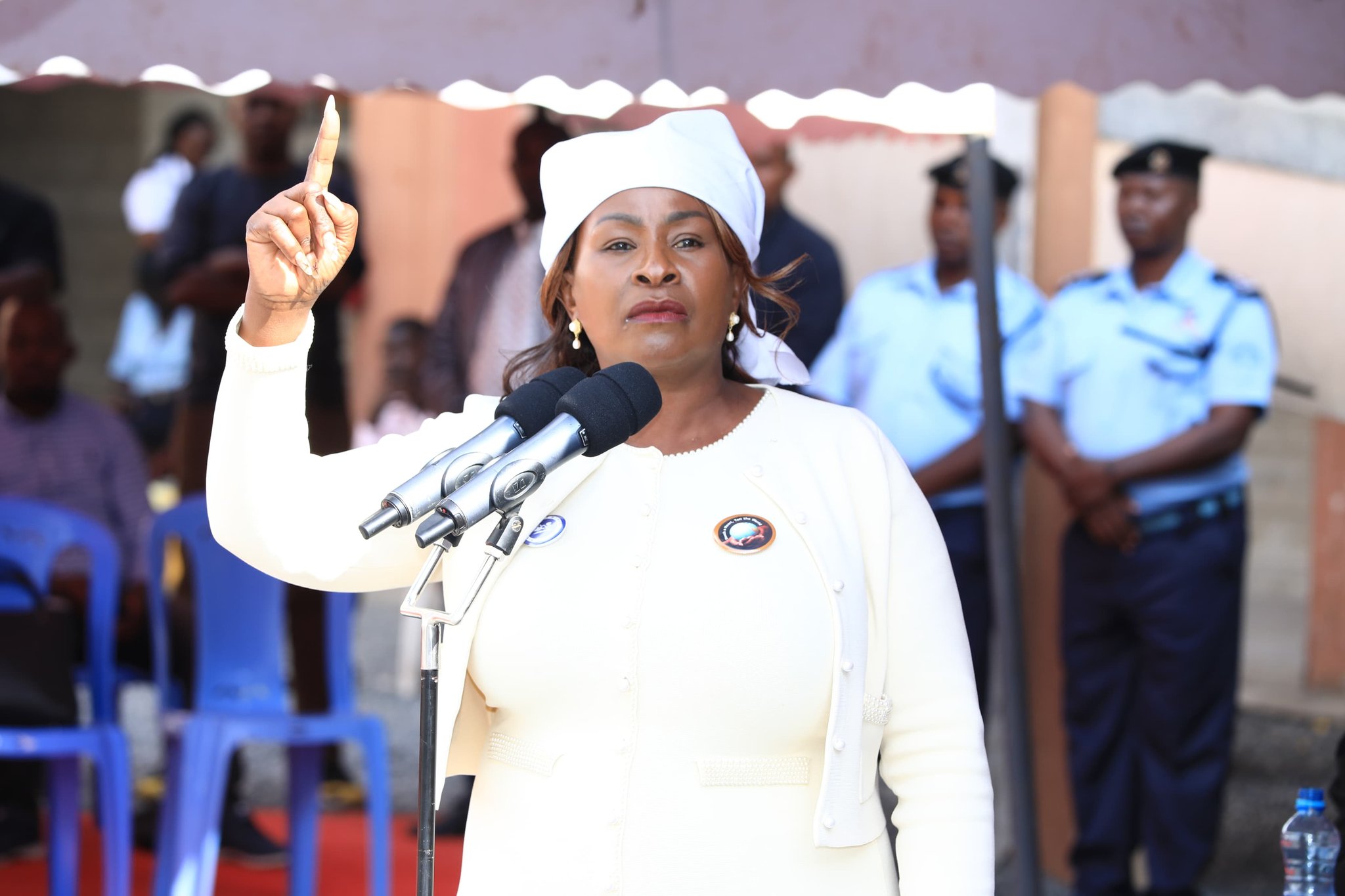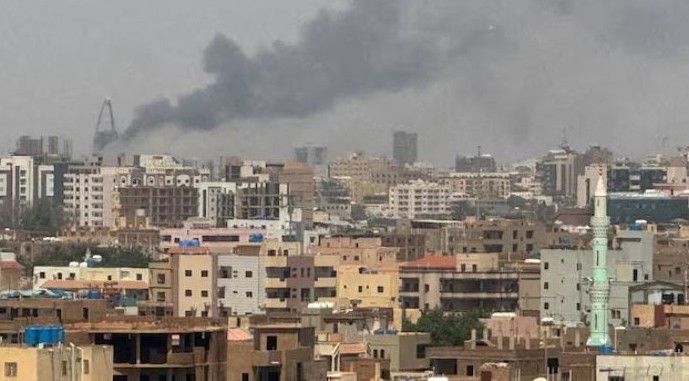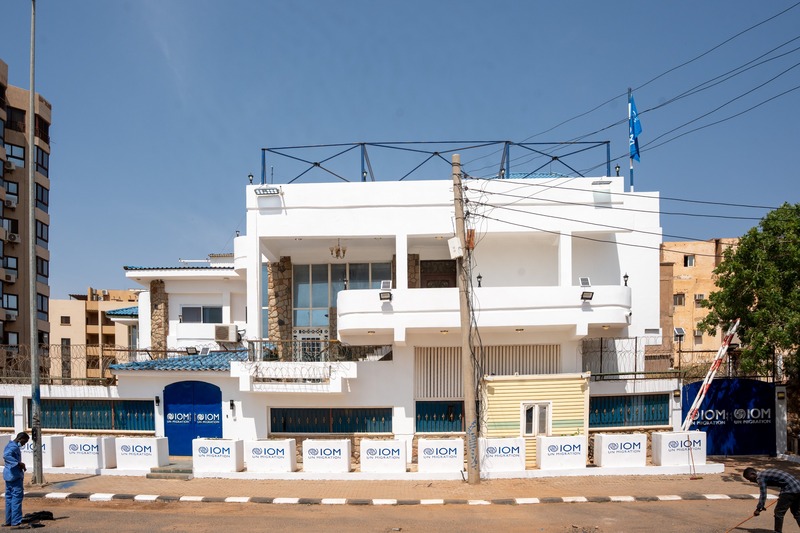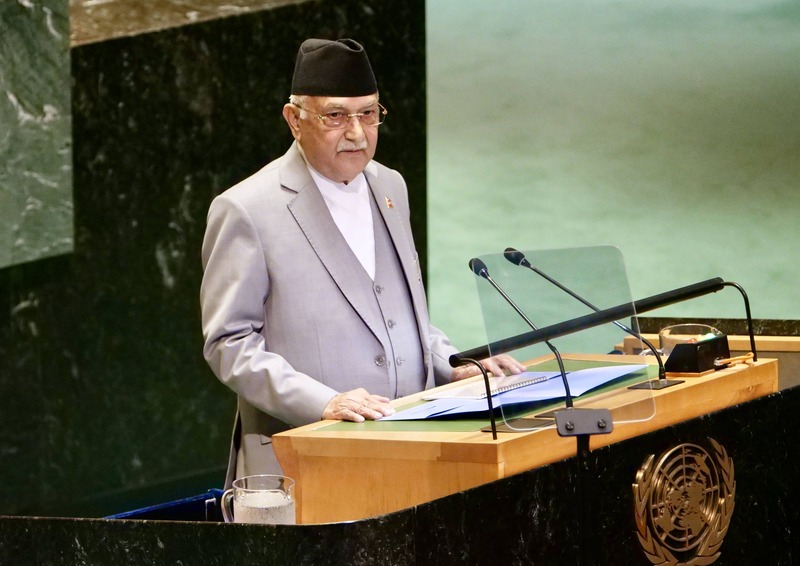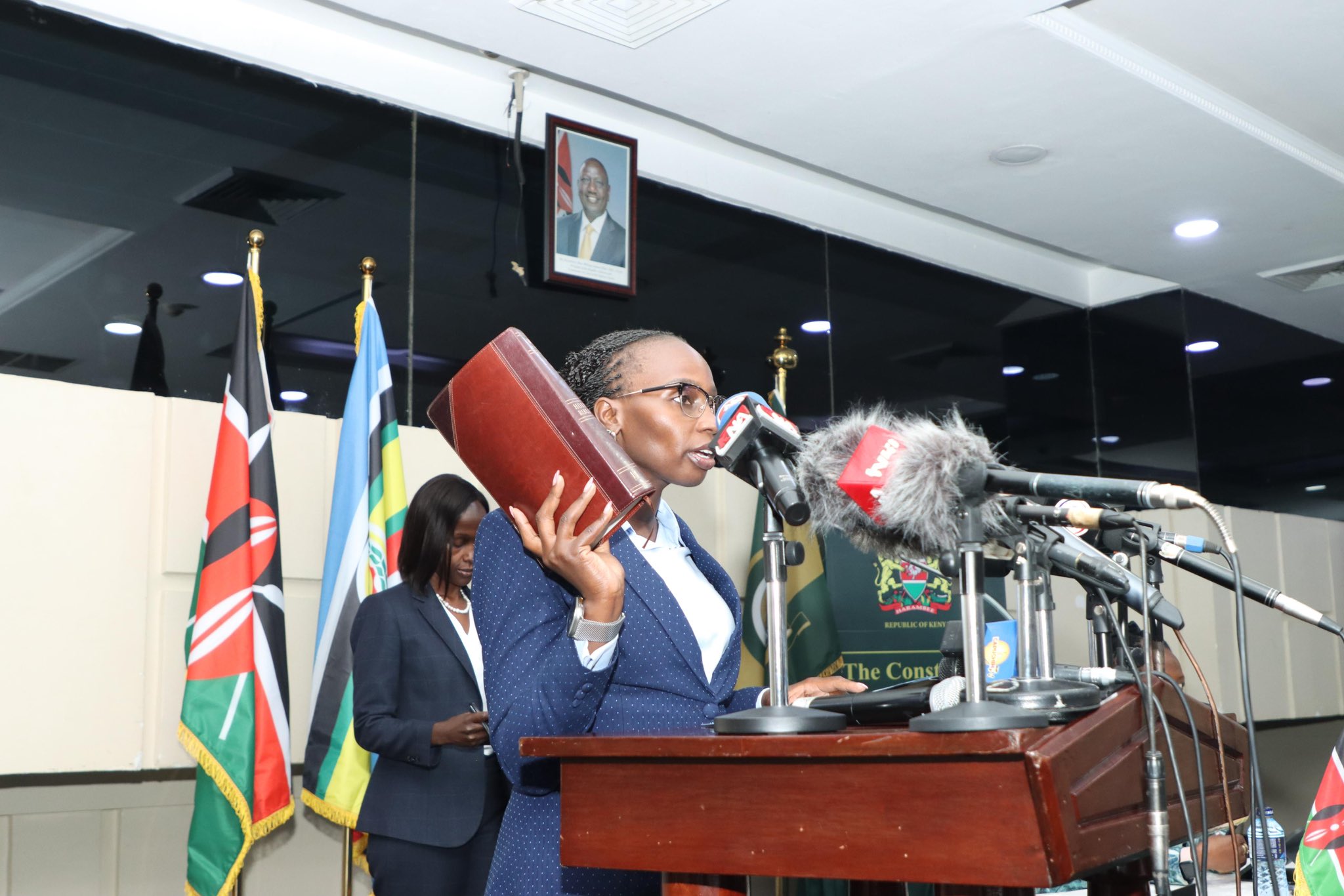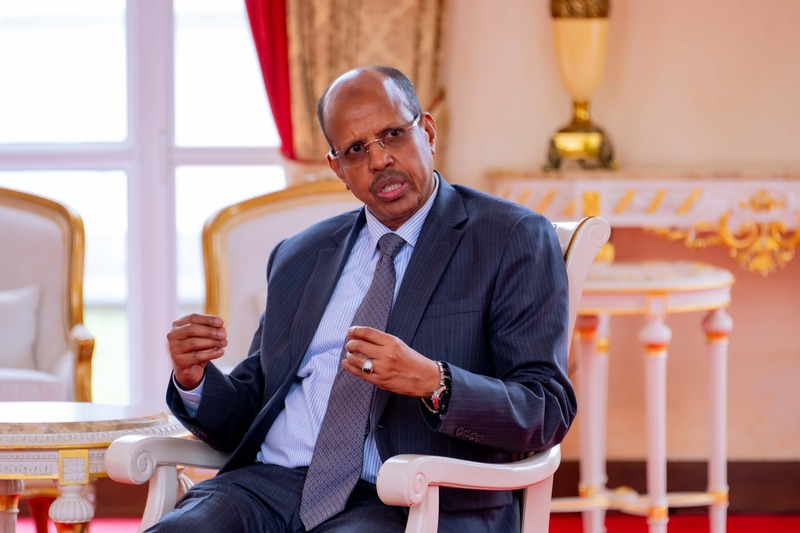Raila wants Supreme Court to strike out petition seeking to have elections in August 2026
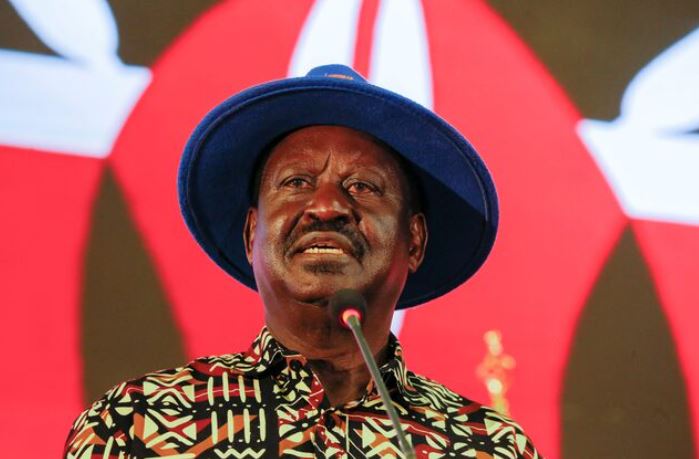
Raila says the petition is an abuse of the court process and should be struck out, arguing that the Supreme Court lacks jurisdiction to handle the case at this point.
Opposition leader Raila Odinga has asked the Supreme Court to dismiss a petition that seeks to have the next General Election held in August 2026 instead of 2027.
In documents filed in court, Raila says the petition is an abuse of the court process and should be struck out, arguing that the Supreme Court lacks jurisdiction to handle the case at this point.
More To Read
- Legal experts weigh in on Supreme Court ruling declining to extend lapsed boundaries review timelines
- African Bar Association honours Supreme Court for 2022 election rulings
- Supreme Court rules IEBC secretariat cannot undertake core electoral duties
- Nairobi women caucus fault Ruto, Raila for scuttling Sakaja's impeachment
- Legal experts warn top politicians against saving governors from impeachment
- Inside Raila Odinga’s bid to save Governor Johnson Sakaja from impeachment
The petition, filed by lawyer Dr Owiso Owiso, activist Khelef Khalifa, and lawyer Ashioya Biko, calls on the court to declare that the next presidential election should take place in August 2026, five years after the August 9, 2022, General Election.
The petitioners argue that any delay beyond that date would amount to an illegal extension of President William Ruto’s term.
But Raila, through lawyer Paul Mwangi, insists the issue has already been settled in previous court cases and cannot be raised again.
“The issues raised in this petition are res judicata - that is, they have already been decided - as the question of the general election date and its computation has been heard and determined on merit by various courts,” Mwangi states.
He lists past cases on the matter, including suits filed by Busia Senator Okiya Omtatah, former nominated senator Paul Njoroge Ben, and former Kilome MP John Harun Mwau, among others.
Mwangi says the Court of Appeal has already affirmed that the second Tuesday of August in the fifth year is the correct election date and that this was intended to protect political rights guaranteed under Article 38 of the Constitution.
Raila also argues that the case is premature, pointing out that the General Election involves more than just the presidency.
“The instant application is an abuse of the court process, and the applicants have not demonstrated any exceptional circumstances to warrant the invocation of this court’s jurisdiction,” he says.
Meanwhile, businessman and opposition politician Jimi Wanjigi, who is also listed as an interested party, supports the petition. He is calling for a quick ruling from the Supreme Court, warning that the ongoing uncertainty is dangerous.
“The prevailing confusion, widespread anxiety, and profound uncertainty surrounding the precise date of the next presidential election pose a grave and imminent threat to the constitutional order and could plunge the nation into avoidable political turmoil and instability,” Wanjigi argues.
Through his lawyer Willis Otieno, Wanjigi says the matter is not just a technicality but a serious public interest issue that requires urgent clarification.
“The issue of the date of the next presidential election is not merely a legal technicality but one of immense public interest and is inherently time-sensitive. The current ambiguity, arising from divergent interpretations of Article 136(2)(a) of the Constitution, creates a constitutional vacuum that only an authoritative and final interpretation by the apex court can resolve,” he states.
He warns that the lack of clarity could derail key electoral processes such as voter registration and campaign planning.
“Without such clarity, the entire electoral cycle - from voter registration to candidate nominations and campaign planning - remains in limbo, affecting millions of Kenyans.”
Wanjigi also stresses that the Supreme Court is the right forum for resolving the matter. He argues the dispute is a pre-election issue that falls under the court’s jurisdiction.
When the petition came up for case management on May 23 before Deputy Registrar Bernard Kasavuli, the Attorney-General, Dorcas Oduor, was given three days to file her objection and serve all parties. The case will now proceed to a full hearing before the Supreme Court.
Top Stories Today
